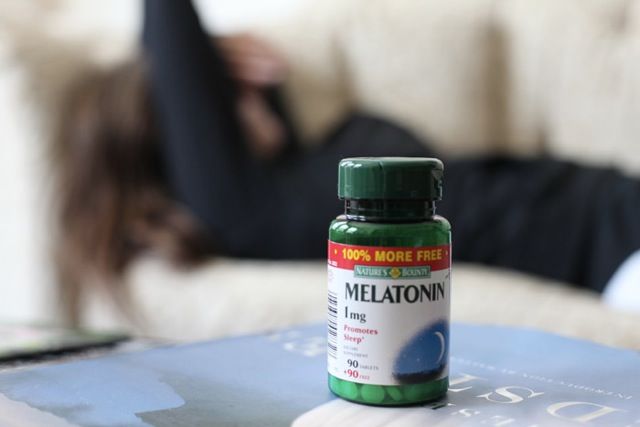
Your Mind Matters: Therapy vs Counseling Unraveled
- Aug 28, 2024
Entering the world of mental health can sometimes feel like you've taken a crash course in alphabet soup. Between the flurry of titles like counselors, therapists, psychologists, and psychiatrists, to the mishmash of letters trailing behind every provider's name, it can be downright dizzying. Then factor in those "life coaches" who are falling over themselves to offer mental health advice, and you have a cranium-crippling conundrum. Fear not, sanity seekers! We're here to sweep away the fog of confusion and help you grasp the subtle differences between counseling and therapy, so you can take charge of your mental well-being.
When it comes to psychotherapy, think of it as mental health's own brand of martial arts. It employs its strategies and techniques, backed by substantial evidence, that encourage you to lay bare your feelings, symptoms, and the scene of your life (family, friends, work, etc.). Techniques like active listening help validate and crystallize your experience, while tying your present stressors to your past experiences gives you a clear picture of the intertwined strands of your life.
The result? A rock-solid rapport forms with your therapist, spawning a healing aura. The endgame of therapy and its techniques is to give you a deeper understanding of yourself while mitigating your symptoms. Therapy doesn't discriminate; it can be a beacon of hope for anyone grappling with issues like obsessive-compulsive disorder, PTSD, major depressive disorder, bipolar disorder, and anorexia nervosa. But don’t feel left out if you’re just feeling stressed or navigating relationship hurdles – therapy doesn’t just cater to diagnosed mental health conditions.
Wondering who’s equipped to offer psychotherapy? It's the realm of mental health professionals who've aced their education (typically at least a master’s in mental health), and mastered the licensing game. Think of licensed marriage and family therapists, licensed counselors, licensed clinical social workers, and more.
On the flip side, you've got counseling. Often considered psychotherapy's twin, counseling is more about guiding you through life's rough waters. While therapy dives deep into clinically informed interventions for disorders, counseling can guide you through a wide spectrum of issues, such as emotional struggles or transitioning into retirement. Instead of interventions, counseling leans into active listening and advice as the vehicle for change. The catch is that while therapy is the domain of licensed professionals, counseling can sometimes be helmed by unlicensed folks in special circumstances.
Despite the slight differences, the bottom line between counseling and therapy is often blurry. Different experts will use them interchangeably, and their roles overlap significantly depending on their training and license. At the end of the proverbial day, what truly matters is the fit – the right counselor or therapist for your needs, guided by your comfort level.
If you're looking to step into this field, there are plenty of resources available. Various online therapist directories can match you with the appropriate professional, based on your needs. And no matter who you select, ensure they have an active license and you’re comfortable with them. Remember, mental health treatment is like trying on a pair of shoes – don't be shy in switching to a new pair (or therapist) if the current one doesn't feel right. Don't worry - the right fit awaits. The first step? Start your search.






